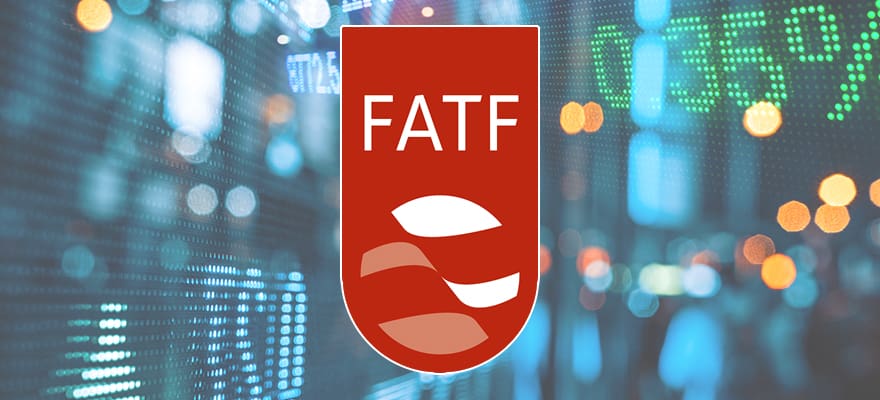FATF Greylist
In the global fight against financial crime, the Financial Action Task Force (FATF) plays a pivotal role. This includes its ‘Greylist,’ a tool designed to encourage countries to address deficiencies in their Anti-Money Laundering (AML) and Counter-Terrorist Financing (CTF) frameworks. This blog post explores the FATF Greylist and its relevance to AML practices.
 Written by Erling Andersen
Written by Erling Andersen
Definition
The FATF Greylist is a list of jurisdictions that have committed to addressing strategic deficiencies in their national AML and CTF frameworks. Unlike the FATF Blacklist, which represents higher-risk jurisdictions, countries on the Greylist have engaged with the FATF and provided a high-level political commitment to remedy their identified issues.
Although not as severe as being blacklisted, being on the Greylist can still have significant economic and reputational consequences for a country, potentially affecting international trade and investment.
Practical Example
Let’s say a multinational bank is considering expanding its operations into a country currently on the FATF Greylist. The bank must understand the AML/CTF risks associated with this jurisdiction and ensure robust risk management procedures to comply with international regulatory standards and protect its reputation.
Statistics and Relevant Numbers:
As of the February 2023 FATF update, there are 18 countries on the Greylist, including major economies like Turkey and South Korea. The inclusion of these countries emphasizes the Greylist’s role not as a punitive measure, but as a constructive tool for improvement in global AML/CTF practices.
Conclusion
While the FATF Greylist is often overlooked compared to its better-known counterpart, the Blacklist, it remains an important element in global AML/CTF efforts. It represents a commitment to ongoing improvement and cooperation in the international fight against money laundering and terrorist financing.
In this complex landscape, tools like the Kyros AML Data Suite can provide crucial support. This AML compliance software-as-a-service (SaaS) offers advanced features such as real-time transaction monitoring, risk scoring, and regulatory reporting, helping organizations manage their AML/CTF risks effectively.
By using Kyros AML Data Suite, financial institutions can stay updated with the latest FATF updates, including changes to the Greylist, allowing them to adjust their risk strategies promptly. It supports an adaptive, informed, and proactive approach to AML/CTF compliance, turning challenges into opportunities for strengthening financial integrity.
Share article on
